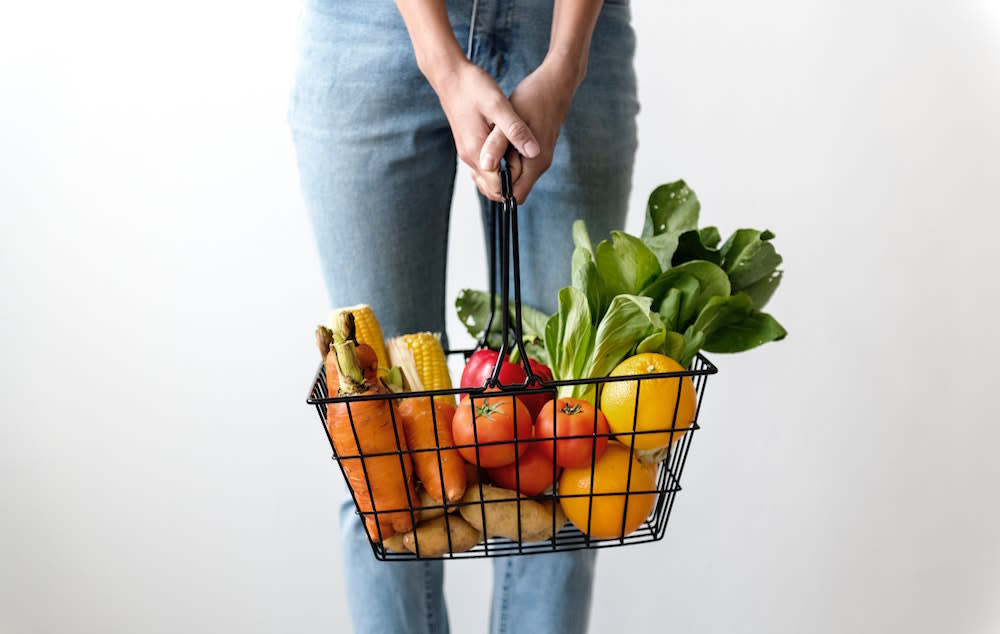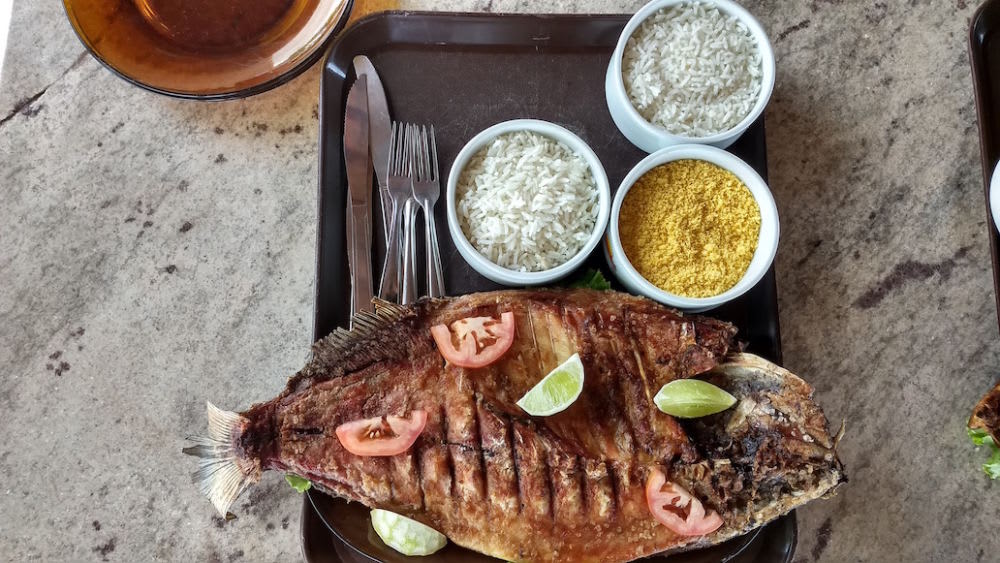Not familiar with flexitarianism? For many, this is not a new term, but we’ve encountered a bunch of people who demand clarification on exactly what being a flexitarian means, and we’re here for it.
Flexitarian is a term invented to encompass those who are trying to achieve a more plant-based diet but still want to eat meat every now and then. Yes, you could just fall back on the old “omnivore” designation, but the purpose behind this new handle is the focus on the intention of eating more green.
Green as in more vegetables, yes, but also more mindfully for personal health and sustainably for the health of the planet. It also means that you still eat meat, sometimes. It’s like being a vegetarian who cheats, but nobody likes being called a cheater. And we really don’t want to be vegetarian either. We adore great meat, but we want to do better. Much better. For the planet, for our bodies, for our conscious. And eating less meat makes us appreciate the meat that we do eat so much more.

Is flexitarianism new?
In 2004 (probably longer ago than you may have expected), a portmanteau of flexible vegetarian = flexitarian was entered into the lexicon for the American Dialect Society along with an award for being “the most useful word of the year”.
Whilst we don’t necessarily need the term flexitarian, as it’s more a state of mind than anything, it is useful in relaying this ethos. Prudentarian is probably a better way of summing up our adopted mindset as its importance lies in how we choose to think about food. It signifies the care that goes into the daily decisions about what we’re using to fuel our bodies and in what we take from the environment around us. And a label of some sort is necessary as it’s quite different from the “ingest all” omnivore attitude that has pervaded previous decades.
And we can leave the eye-roll at home as it’s not just a trend for the sake of it. Flexitarian thinking is doing good, whether you call yourself flexi or not. Eating less meat is great – great for the environment and great for the body as we don’t need the amount of meat that many currently consume, and it makes us choosier about the meat we do eat, which is even more delicious because it isn’t as commonplace.
So when eating meat, choose to eat from animals that have led happy lives and then use all parts of the animal, which also means getting down with eating offal and lesser popular cuts. You’ll open up a whole new world of deliciousness eating lesser-loved parts like ox tongue and chicken heart that you perhaps hadn’t thought to indulge in before – whether it’s trying out new cuts from the butcher at home or finding restaurants you trust. Flexitarianism is readily accepted now just about everywhere, from dai pai dongs and cha chaan tengs to fine-dining eateries that often sport vegan menus (see Arcane).

At our first Food’s Future Summit in 2017, David Yeung of Green Monday (and creator of The Beyond Burger) suggested taking just one or two days off eating meat every week in order to have a huge impact on the environment, and we took his words to heart. For the past two years, the schedule we have adopted is meat-free Monday and Tuesday, white-meat Wednesday, red-meat Thursday and fish Friday. Saturday is vegetarian, and Sunday is open. It’s a start, and we love the structure of it and knowing what we should be eating each day.
Another example is our zero-waste hero Hannah Chung, who does weekday vegetarianism; everyone can find their own easy way of working this change into their diets. We also make bargains with ourselves – if we have to go to a meat-feast dinner on a Friday, for example, we swap and make Sunday meat free. It can be flexible, as is alluded to in the name, but it is also structured.
Flexitarianism includes the idea that you want to have a turkey dinner for Thanksgiving or love a steak when you return to your home country but are purely veggie the rest of the year. Whether it’s weekday vegetarian, meat-free weekends or a mixture of the two, it’s all important and makes a real difference. Even us meat lovers need to change and be more flexible – flexitarian, even. But you don’t have to call yourself that; you just have to think like that.
What does your modern meat-eating schedule look like?
To find out more about our Food’s Future Summit 2019, click here











